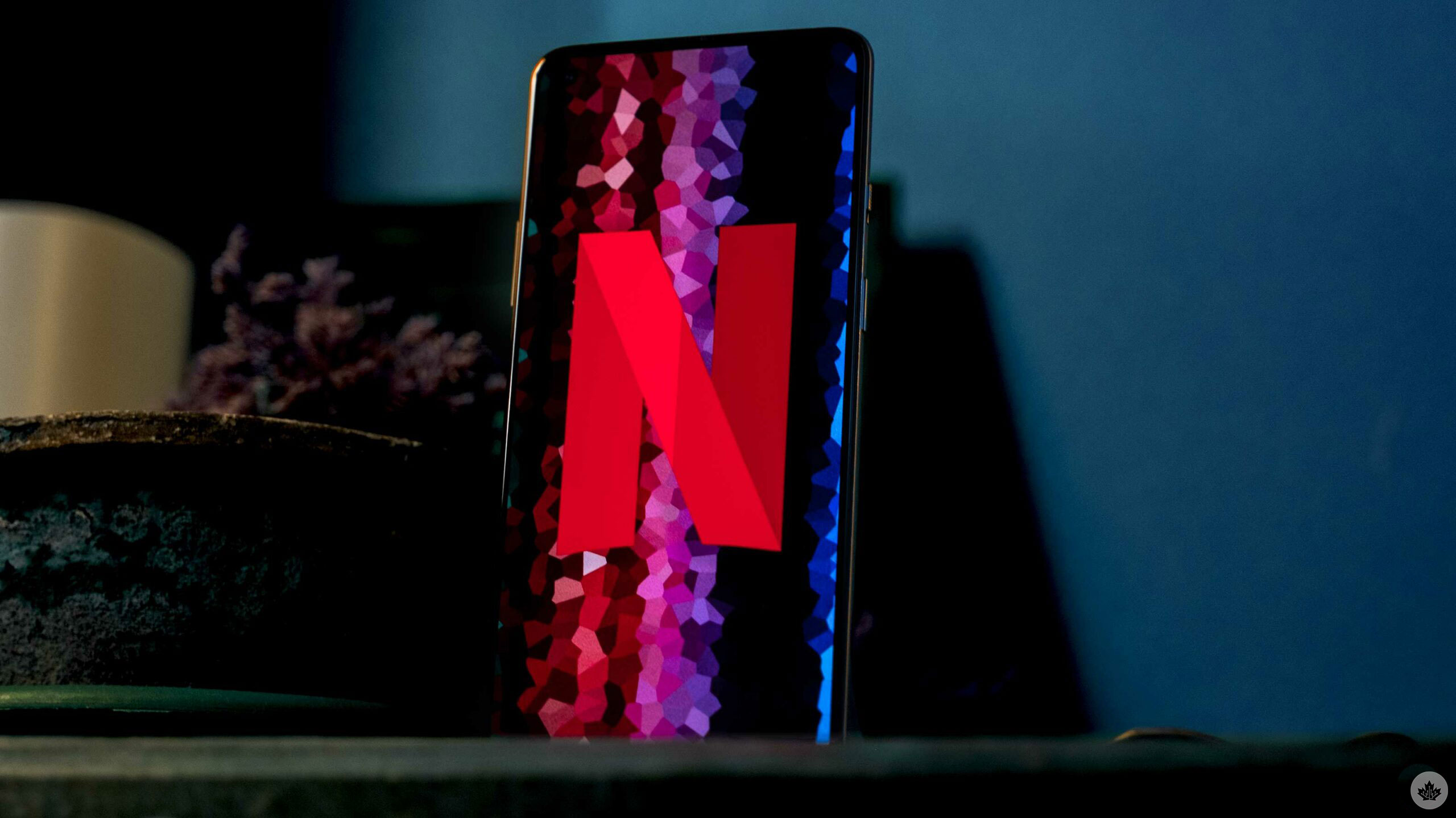
Last month, Netflix confirmed that it lost 200,000 subscribers, its first quarterly drop in more than 10 years.
Now, we may have a better idea of who has been cancelling their memberships.
According to data from research firm Antenna, as provided to The Information, those who have been subscribed to Netflix for more than three years accounted for a significantly greater share of cancellations in Q1 2022 than they did two years earlier. Specifically, this group accounted for 13 percent of overall cancellations by the end of this quarter, versus only five percent at the start of 2022.
It should be noted, however, that Antenna draws its data from five million anonymous Americans, so it’s unclear exactly how much this applies to other subscriber demographics, including those in Canada. That said, Antenna’s reasoning for the drop-off of long-term subscribers certainly makes sense.
“Consumers vote with their wallets on a monthly basis, and now there are just more viable candidates on the ballot,” said Brendan Brady, media and entertainment lead at Antenna, told The Information. He went on to mention how companies like Disney (Disney+) and NBCUniversal (the U.S.-only Peacock) have been pulling their shows off Netflix for their own services.
Brady added that this forced Netflix to rely more on original programming, which has been “hit or miss.” Of course, quality is subjective, but it’s undeniable that there are so many streaming services on the market now, all with their own marquee originals. Since late 2019 alone, there have been newcomers like Disney+ (Marvel and Star Wars shows), Apple TV+ (Ted Lasso) and, in the U.S. only, HBO Max (which brings many of its originals, including The Flight Attendant and Peacemaker, to Crave in Canada).
Going forward, Netflix says it expects to lose another two million subscribers in the second quarter of 2022. To help mitigate losses, the company is planning to launch a lower-cost, ad-supported tier and password-sharing paywall, likely by the end of 2022.
Source: The Information
MobileSyrup may earn a commission from purchases made via our links, which helps fund the journalism we provide free on our website. These links do not influence our editorial content. Support us here.


